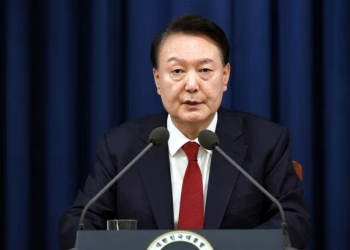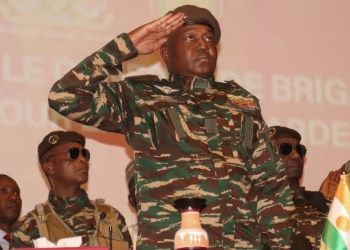Former Deputy President Rigathi Gachagua is facing increasing pressure to establish his own political party, as critics suggest that his failure to do so contributed to his recent political downfall.
Unlike his peers, who utilized established political parties to negotiate and solidify agreements with President William Ruto, Gachagua joined Kenya Kwanza as an independent member. Many observers believe that if he had used a political party to formalize his deal with the President, his situation might have turned out differently.
Following his impeachment and the swearing-in of his successor, Gachagua’s allies are now realizing their mistake and are calling for him to register a political party. The ruling party, UDA, has already scheduled a National Executive Committee meeting to discuss Gachagua’s expulsion, with plans to promote the new Deputy President, Kithure Kindiki, to the deputy party leader position.
UDA national chairperson Cecily Mbarire announced that the meeting could take place as early as today. She emphasized the importance of bringing Kindiki on board according to the party’s constitution, expressing confidence in his ability to help the President advance the country.
In his first public appearance since his ousting, Gachagua appeared to regret not formalizing his political position. At a funeral service in Kirinyaga County, he assured his supporters that he would soon guide them on a political path, stating, “I am not quitting politics; my political ambition is unstoppable. I ask my people to be patient as I outline the way forward.”
His allies have urged him to create a political party for future endeavors, with Kirinyaga Woman Representative Njeri Maina asserting that the region’s interests will only be safeguarded through its own party. Baragwi MCA David Mathenge remarked, “If Gachagua had a political party, he would not have been removed from power.”
While other prominent figures in Kenya Kwanza secured their positions through formal agreements, Gachagua relied on President Ruto’s goodwill during his campaign. Key leaders in Kenya Kwanza, such as Prime CS Musalia Mudavadi and Moses Wetang’ula, established structured agreements with the coalition that guaranteed them significant government roles, unlike Gachagua’s unstructured approach.















